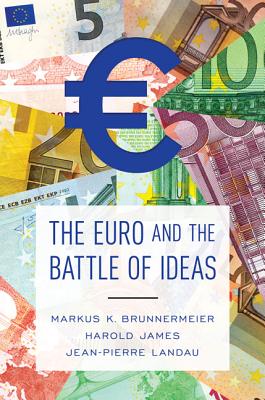Expedite your nonfiction book discovery process with Readara interviews, summaries and recommendations, Broaden your knowledge and gain insights from leading experts and scholars
In-depth, hour-long interviews with notable nonfiction authors, Gain new perspectives and ideas from the writer’s expertise and research, Valuable resource for readers and researchers
Optimize your book discovery process, Four-to eight-page summaries prepared by subject matter experts, Quickly review the book’s central messages and range of content
Books are handpicked covering a wide range of important categories and topics, Selected authors are subject experts, field professionals, or distinguished academics
Our editorial team includes books offering insights, unique views and researched-narratives in categories, Trade shows and book fairs, Book signings and in person author talks,Webinars and online events
Connect with editors and designers,Discover PR & marketing services providers, Source printers and related service providers

The Euro and the Battle of Ideas
Business & Economics > Money & Monetary Policy
- Princeton University Press
- Hardcover
- 9780691172927
- 9.3 X 6 X 1.3 inches
- 1.7 pounds
- Business & Economics > Money & Monetary Policy
- (Single Author) Asian American
- English
Readara.com
Book Description
How philosophical differences between Eurozone nations led to the Euro crisis--and where to go from here
Why is Europe's great monetary endeavor, the Euro, in trouble? A string of economic difficulties in Greece, Ireland, Spain, Italy, and other Eurozone nations has left observers wondering whether the currency union can survive. In this book, Markus Brunnermeier, Harold James, and Jean-Pierre Landau argue that the core problem with the Euro lies in the philosophical differences between the founding countries of the Eurozone, particularly Germany and France. But the authors also show how these seemingly incompatible differences can be reconciled to ensure Europe's survival.
As the authors demonstrate, Germany, a federal state with strong regional governments, saw the Maastricht Treaty, the framework for the Euro, as a set of rules. France, on the other hand, with a more centralized system of government, saw the framework as flexible, to be overseen by governments. The authors discuss how the troubles faced by the Euro have led its member states to focus on national, as opposed to collective, responses, a reaction explained by the resurgence of the battle of economic ideas: rules vs. discretion, liability vs. solidarity, solvency vs. liquidity, austerity vs. stimulus.
Weaving together economic analysis and historical reflection, The Euro and the Battle of Ideas provides a forensic investigation and a road map for Europe's future.
Author Bio
Markus K. Brunnermeier is the Edwards S. Sanford Professor at Princeton University. He is a faculty member of the Department of Economics and director of Princeton's Bendheim Center for Finance. He is also a research associate at NBER, CEPR, and CESifo and a member of the Bellagio Group on the International Economy. He is a Sloan Research Fellow, Fellow of the Econometric Society, Guggenheim Fellow and the recipient of the Bernácer Prize granted for outstanding contributions in the fields of macroeconomics and finance.
He is/was a member of several advisory groups, including to the IMF, the Federal Reserve of New York, the European Systemic Risk Board, the Bundesbank and the U.S. Congressional Budget Office. Brunnermeier was awarded his Ph.D. by the London School of Economics (LSE).
His research focuses on international financial markets and the macroeconomy with special emphasis on bubbles, liquidity, financial and monetary price stability. To explore these topics, his models incorporate frictions as well as behavioral elements. He has been awarded several best paper prizes and served on the editorial boards of several leading economics and finance journals.
He has tried to establish the concepts: liquidity spirals, CoVaR as systemic risk measure, the Volatility Paradox, Paradox of Prudence, ESBies, financial dominance, the redistributive monetary policy, the Reversal Rate, and Digital Currency Areas.
Source: Princeton University
Videos
No Videos
Community reviews
No Community reviews

